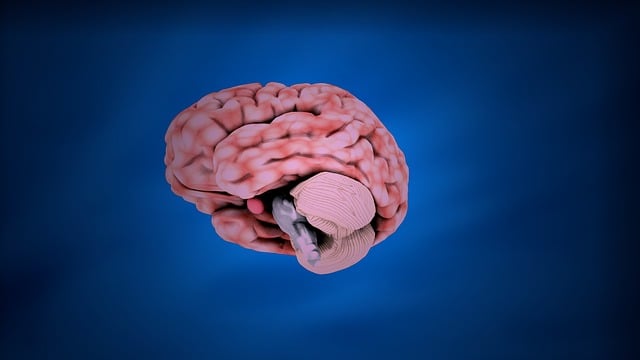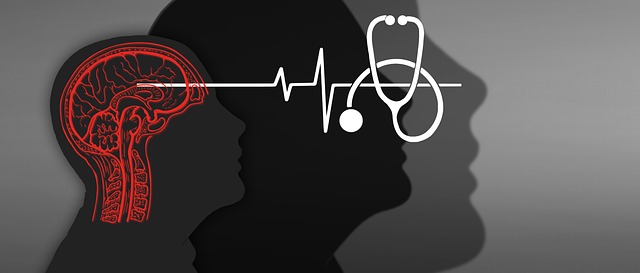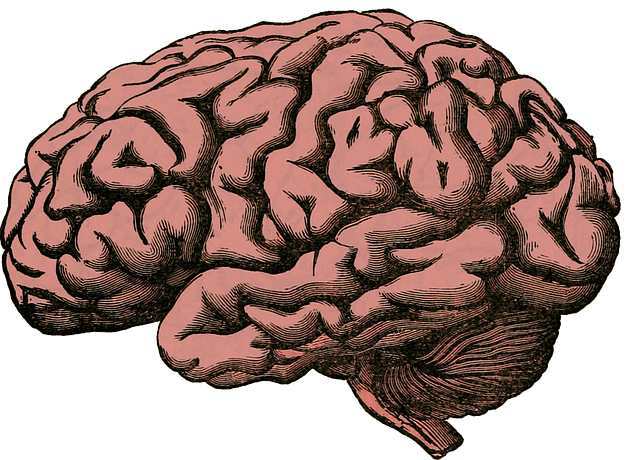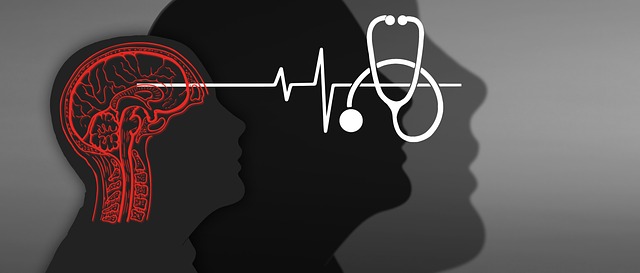Parker EMDR Therapy is a transformative approach to healing trauma and PTSD, addressing root causes to reduce stigma and enhance mental health awareness. By integrating coping skills like problem-solving, mindfulness (meditation, breathing exercises), physical activity, social connections, and healthy sleep, individuals build emotional resilience. Comprehensive risk assessments guide mental health professionals in supporting clients through structured EMDR therapy frameworks, leading to improved well-being outcomes.
Coping skills development is a vital aspect of cultivating emotional resilience, especially in navigating life’s challenges. This comprehensive guide explores three key strategies to enhance your coping abilities. We delve into ‘Understanding Coping Skills Development’ as the foundational step towards emotional well-being. Furthermore, discover how Parker EMDR Therapy harnesses bilateral stimulation for trauma healing. Lastly, we present practical strategies to cultivate effective coping mechanisms seamlessly integrated into daily life, empowering you with tools for resilience.
- Understanding Coping Skills Development: A Foundation for Emotional Resilience
- Parker EMDR Therapy: Unlocking the Power of Bilateral Stimulation for Trauma Healing
- Practical Strategies for Cultivating Effective Coping Mechanisms in Daily Life
Understanding Coping Skills Development: A Foundation for Emotional Resilience

Coping skills development is a vital foundation for fostering emotional resilience and well-being. It equips individuals with effective strategies to navigate life’s challenges, manage stress, and overcome adversity. Understanding coping mechanisms is essential in the context of Parker EMDR Therapy, which focuses on processing traumatic memories and promoting positive emotional changes. By integrating various coping techniques, such as problem-solving, mindfulness, and adaptive thinking, individuals can enhance their ability to cope with difficult situations.
Emotional Intelligence plays a crucial role in this process, enabling people to recognize and manage their emotions effectively. Mental health professionals are encouraged to conduct comprehensive risk assessments to identify potential risks and support clients in developing resilient coping mechanisms. Moreover, addressing the Mental Illness Stigma Reduction Efforts is integral to creating an environment where individuals feel comfortable seeking help and implementing healthy coping strategies.
Parker EMDR Therapy: Unlocking the Power of Bilateral Stimulation for Trauma Healing

Parker EMDR Therapy has emerged as a powerful approach to treat trauma and post-traumatic stress disorder (PTSD), offering hope to those who have struggled with the lasting effects of traumatic experiences. This therapy utilizes bilateral stimulation, often in the form of side-to-side eye movements or taps, while guiding individuals through their memories. The process helps unlock and process repressed emotions and thoughts associated with trauma, fostering healing and a sense of control over one’s mental health.
By addressing the root causes of distress, Parker EMDR Therapy goes beyond symptom management, aiming to reduce the Mental Illness Stigma Reduction Efforts while promoting increased Mental Health Awareness. It encourages individuals to develop effective coping skills, enhance self-care practices, and regain a sense of safety and well-being. This therapeutic method has shown remarkable results in helping people move forward from their traumatic pasts.
Practical Strategies for Cultivating Effective Coping Mechanisms in Daily Life

Cultivating effective coping mechanisms is essential for navigating life’s challenges and maintaining mental well-being. Practical strategies include incorporating mindfulness practices, such as meditation or deep breathing exercises, which help individuals stay grounded in the present moment and reduce anxiety. Engaging in regular physical activity, connecting with supportive social networks, and adopting healthy sleep habits are also proven to enhance resilience and emotional regulation.
For those seeking more specialized approaches, Evidence-Based Mindfulness-Driven Therapies (EMDR) like Parker EMDR offer a structured framework for processing traumatic memories and developing healthier coping strategies. Additionally, participating in Stress Management Workshops Organization programs can equip individuals with valuable tools for managing stress, fostering cultural sensitivity in mental healthcare practice, and promoting holistic well-being within diverse communities.
In conclusion, developing coping skills is a pivotal aspect of fostering emotional resilience. The article has explored various avenues to enhance this, from understanding the foundational concepts to employing practical strategies and exploring innovative therapies like Parker EMDR. By integrating these techniques into daily life, individuals can navigate challenges more effectively, ultimately leading to improved mental well-being.














